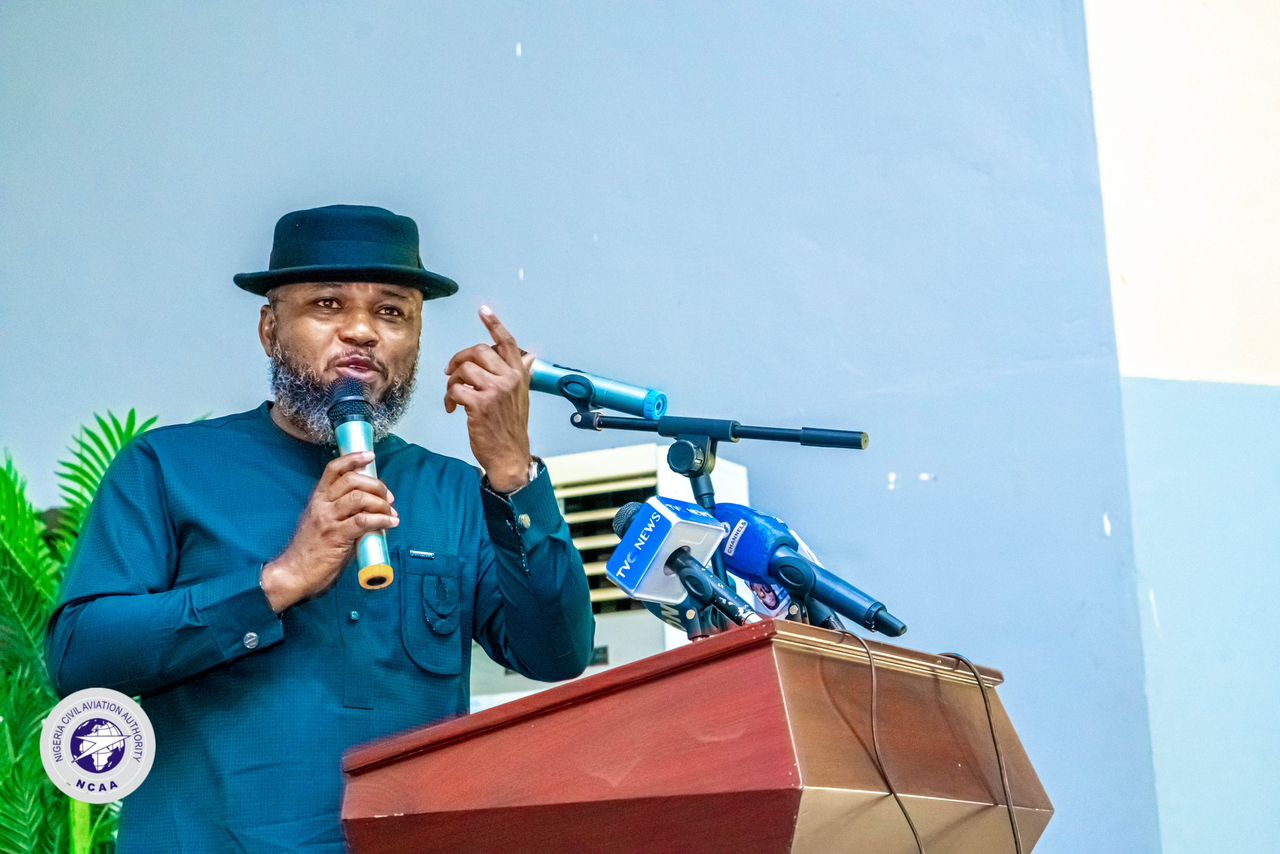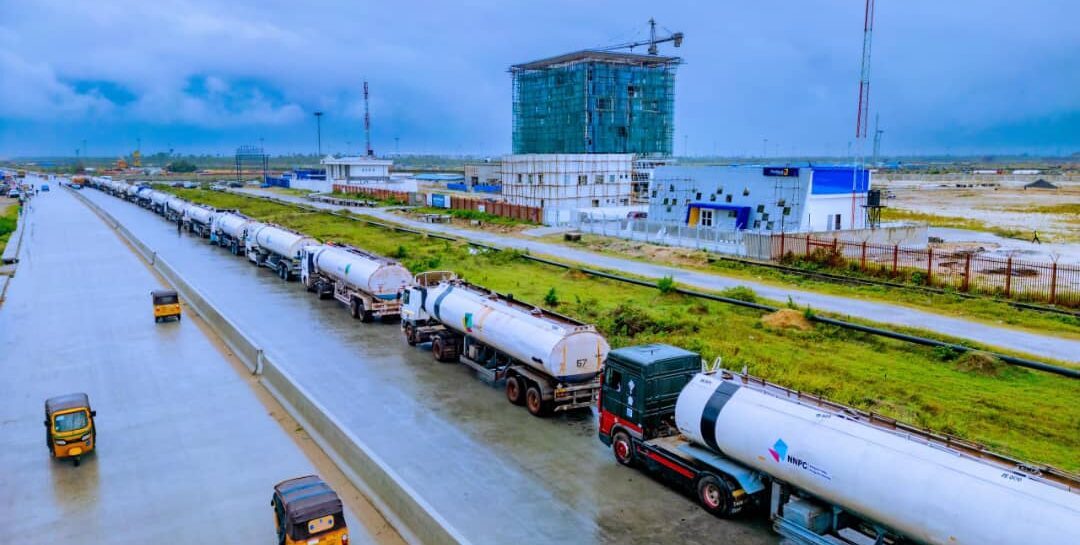Delta State sets the stage for the construction of a workers’ housing estate,writes EMMANUEL JAMES
In Nigeria today, where affordable housing remains a national crisis, Delta State Governor Sheriff Oborevwori is steadily carving a reputation as a leader who not only talks about workers’ welfare but acts decisively to secure it. On Tuesday in Asaba, Governor Oborevwori made a landmark stride in this direction by formally presenting a Certificate of Occupancy (C of O) to the Federal Mortgage Bank of Nigeria (FMBN). The document, covering a 10.1-hectare parcel of land at Core Area 2 in Ibusa, Oshimili North Local Government Area, sets the stage for the construction of a workers’ housing estate, an intervention aimed at easing the suffocating rent burden on junior and middle-level employees. The ceremony, attended by labour leaders, FMBN executives, and state officials, was not just a bureaucratic event. It was a symbolic gesture that underscored Oborevwori’s deep commitment to tackling one of the most persistent challenges confronting Nigerian workers: the right to decent and affordable shelter. The governor minced no words in explaining the urgency of the project. “Most of the salaries of our junior and middle-level workers are consumed by rent. That is why this housing scheme is so important,” he said. For a civil servant earning less than ₦100,000 monthly, rental costs, especially in urban centres like Asaba and Warri—can gulp as much as 60 to 70 percent of income. This leaves families struggling with little left for food, education, and healthcare. By creating affordable housing estates in partnership with the FMBN, the Nigeria Labour Congress (NLC), and the Trade Union Congress (TUC), the Oborevwori administration is addressing not just a housing issue but a broader social equity question. Secure, affordable shelter is directly linked to productivity, family stability, and even security.
To demonstrate his seriousness, Oborevwori waived statutory fees amounting to nearly ₦200 million on the land allocated for the housing estate. “Although the C of O was ready since January 2024, the presentation was delayed by administrative processes. We waived statutory fees in the interest of workers,” the governor revealed. This singular gesture highlights a leadership style that prioritises long-term welfare over immediate state revenue. In an era when many governments lean on high levies and taxes, Delta’s leader is deliberately absorbing costs to make housing affordable for those who keep the wheels of governance and commerce turning daily. Nigeria’s housing deficit remains staggering. Estimates put the shortfall between 20 and 22 million units. This crisis is compounded by rapid urbanisation, a growing population, and the high cost of construction materials. According to UN-Habitat, Nigeria needs to build at least 700,000 homes annually to close the gap, yet current capacity barely scratches the surface. Dr. Mohammed Sani Abdul, FMBN’s Executive Director for Loans and Mortgage Services, acknowledged this reality while commending Oborevwori. He noted that the Ibusa estate fits neatly into the bank’s broader mandate to provide affordable housing for Nigerians.
“With the Renewed Hope Mega Mini-City project of Mr. President, our target is to provide affordable housing for Nigerians at all levels, especially those at the bottom of the pyramid. Delta is very key to the success of this national plan,” Abdul said. The Ibusa estate will not only provide homes but will also serve as a pilot for scaling such interventions across Delta State and, potentially, across the South-South region. Governor Oborevwori’s housing initiative is not an isolated programme but part of a broader vision to improve the lives of workers. His administration has rolled out policies that touch healthcare, education, infrastructure, and agricultural development, all aimed at raising living standards. Housing, however, remains pivotal. Experts argue that stable housing is a gateway to other improvements: children study better in stable homes, families save more, and communities thrive. The multiplier effect is immense. Construction itself generates jobs for artisans, suppliers, and service providers, boosting local economies. Already, the governor’s move is drawing praise from labour leaders who see it as a direct response to workers’ daily struggles.
The Nigeria Labour Congress in Delta has repeatedly called for affordable housing schemes as one of the surest ways to address poverty among workers. Interestingly, Abdul of the FMBN used the occasion to challenge Delta’s local councils to contribute actively to the National Housing Fund (NHF). “If local government councils contribute to the NHF, the bank can extend housing projects to the grassroots,” he said. This call is significant because rural and semi-urban communities often face the worst housing conditions, dilapidated homes, slums, and overcrowding. With active participation from LGAs, the benefits of Oborevwori’s worker-centric housing model can reach even the remotest corners of the state. Observers note that Delta under Oborevwori is undergoing a quiet transformation. In Asaba, infrastructural upgrades are visible: new roads, beautification projects, and public facilities. But what sets his government apart is the deliberate focus on the welfare of ordinary citizens. Unlike many politicians who treat housing as a campaign soundbite, Oborevwori is making it a centrepiece of governance. The housing estate in Ibusa is not the end but a beginning. His remarks suggest more estates could be rolled out across the three senatorial districts to ensure inclusivity. This approach contrasts with the stereotypical top-down governance often witnessed in Nigeria. Oborevwori has shown humility in leadership, insisting that the government’s role is to reduce burdens on citizens, not increase them.
His decision to waive ₦200 million in fees reinforces this principle. Where others see land as a revenue source, Oborevwori sees it as a social asset, an opportunity to deliver dignity, stability, and productivity to workers who form the backbone of the state’s economy. Ultimately, the Ibusa housing estate represents more than concrete blocks and roofing sheets. It symbolises a renewed social contract between government and the governed. For the nurse in Asaba, the teacher in Ibusa, or the junior clerk in Warri, it means the chance to own a home, save money, and build a future. It is also a testament to a governor who understands that governance is not measured only in kilometres of road but also in the security of families having a roof over their heads. As Nigeria grapples with its daunting housing deficit, Delta State under Sheriff Oborevwori is offering a workable template—rooted in compassion, partnership, and decisive action. If replicated across the federation, initiatives like this could slowly close the housing gap, improve productivity, and restore dignity to millions of Nigerians. For Delta workers, hope is no longer a distant promise. With Governor Oborevwori’s housing push, it is being built brick by brick, estate by estate. James, writes from Agbor, Delta State
The post WORKERS AND RIGHT TO SHELTER appeared first on THISDAYLIVE.



